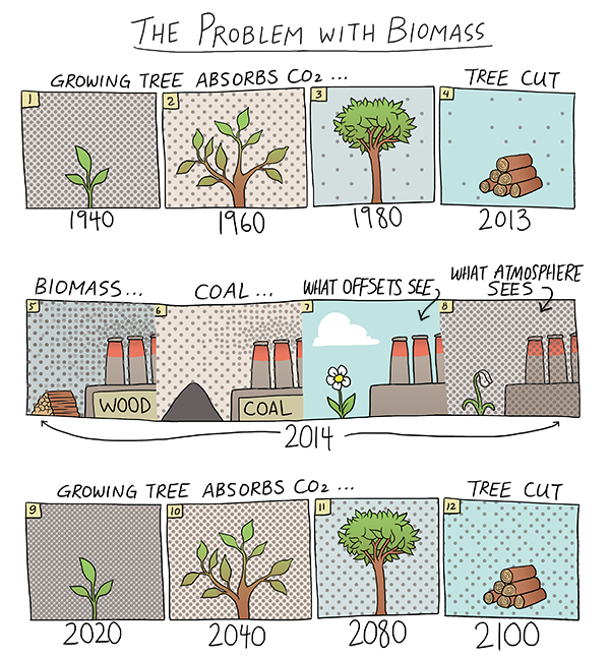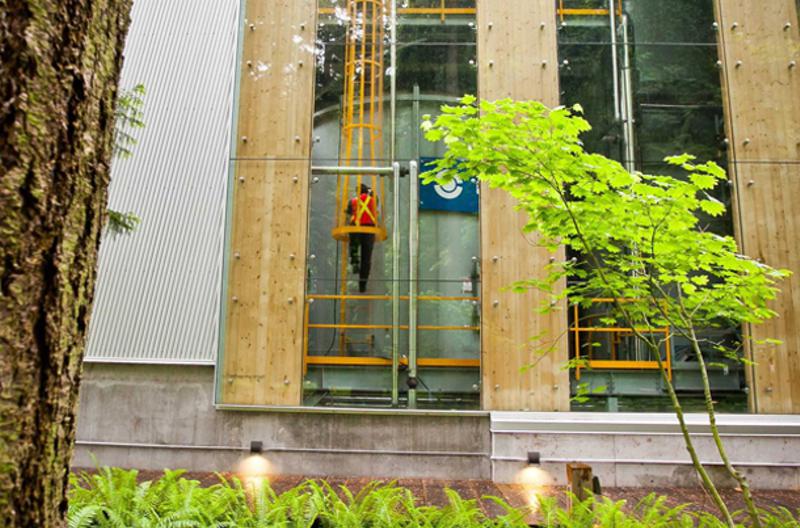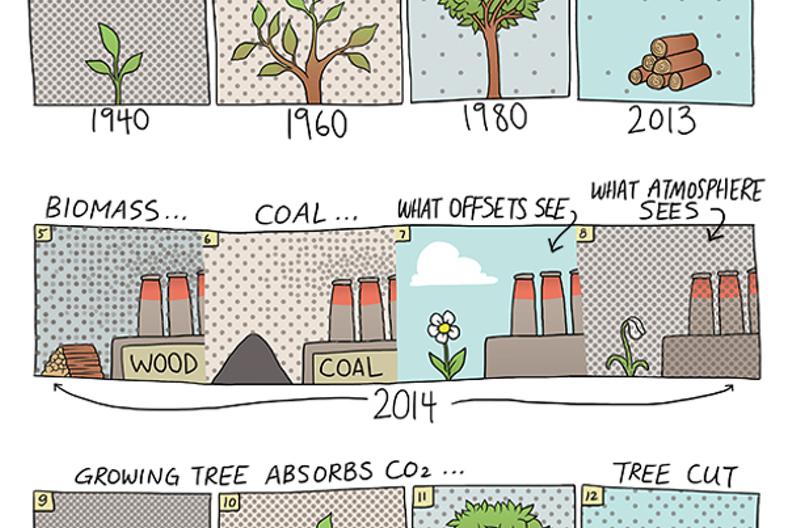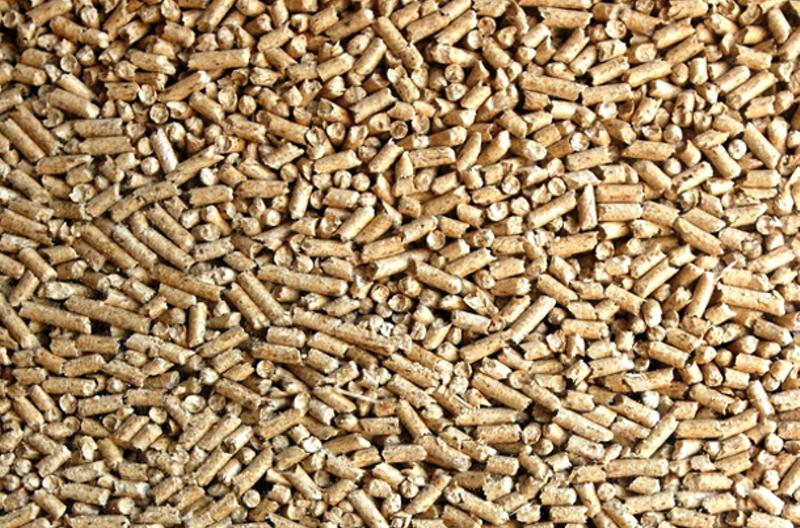
You made it all the way through the article – I hope that means you liked it (or if not ‘liked’ it, gleaned some useful information from it). Tyee articles are known for being quite lengthy, so we appreciate when people spend some quality time with our work.
Listen, I’ll get to the point – the article you just read was made possible because our non-profit newsroom was able to pay a talented journalist to research and write it. And we can only afford to do that because of our business model, which relies on a certain percentage of our readers signing up for our paid membership program called Tyee Builders.
The traditional business model for journalism in Canada has been completely disrupted, and we’re witnessing a slow collapse as corporate newsrooms buy up distressed publications, lay people off, and suck the value out of them before declaring bankruptcy. And it doesn’t help that tech giant Meta has blocked Canadian news on their Facebook and Instagram platforms.
There is another way and we are carving the path.
Between 1 to 2 per cent of people who visit The Tyee contribute financially, but amazingly, that small percentage is enough to fund half of our overall budget. And it means we can operate without a paywall, too. 1 per cent of people giving means 99 per cent of people get access to quality, fact-based journalism from a talented team of journalists who live and work in B.C., Alberta, and across Canada. We think that’s pretty remarkable.
If you’re concerned about the way journalism is heading in Canada and you’d like to do something about it, consider joining Tyee Builders and contributing an amount that works for you.
— Jeanette Ageson, Publisher
Click here to Join Tyee Builders








